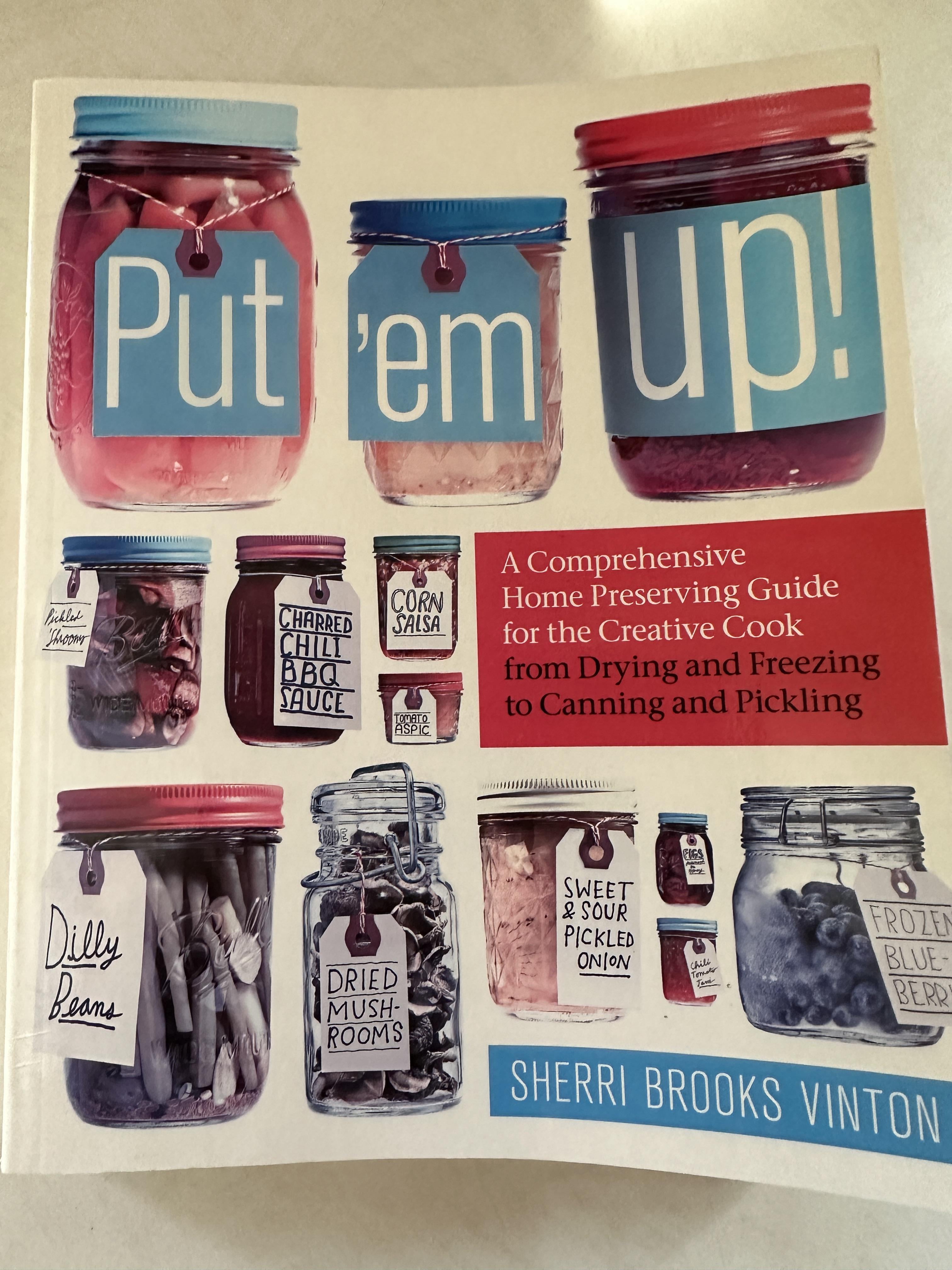
I’ve been sorting through my books and I like that this one has some freezer recipes as well. However, it’s mostly canning. And if I can’t trust them, maybe it’s time to let this go.
I didn’t spot this on the go or no-go list. Does anyone know it’s food safety status?
by iolitess

4 Comments
Hi u/iolitess,
For accessibility, please reply to this comment with a transcription of the screenshot or alt text describing the image you’ve posted. We thank you for ensuring that the visually impaired can fully participate in our discussions!
*I am a bot, and this action was performed automatically. Please [contact the moderators of this subreddit](/message/compose/?to=/r/Canning) if you have any questions or concerns.*
What’s the publication date?
[Healthy Canning has a page](https://www.healthycanning.com/home-canning-recipe-books-reputable-sources) that has a lot of information about what makes a book safe. This particular book isn’t listed, but it’s definitely worth a read.
FWIW, I own canning books that are absolutely unsafe (I have a microwave jam making book that I picked up cheap). I don’t follow the recipes, obviously, but they stay in my collection because they give me flavour ideas that I can then translate into safe recipes using approved techniques and guidelines.
There are a lot of books where the recipes are basically modified versions of Ball/NCHFP recipes. Like swapping out flavors and seasoning or changing the scale of the recipe, but the basic proportions of ingredients stay the same. They aren’t third-party lab tested, but they aren’t unsafe necessarily. They often contain a ton of solid safety advice about acid levels, processing times, etc. With these books, I just cross-reference against Ball or NCHFP to make sure the basic recipe is verified. It’s not guaranteed, but that’s my personal process.